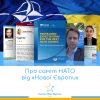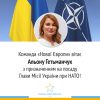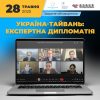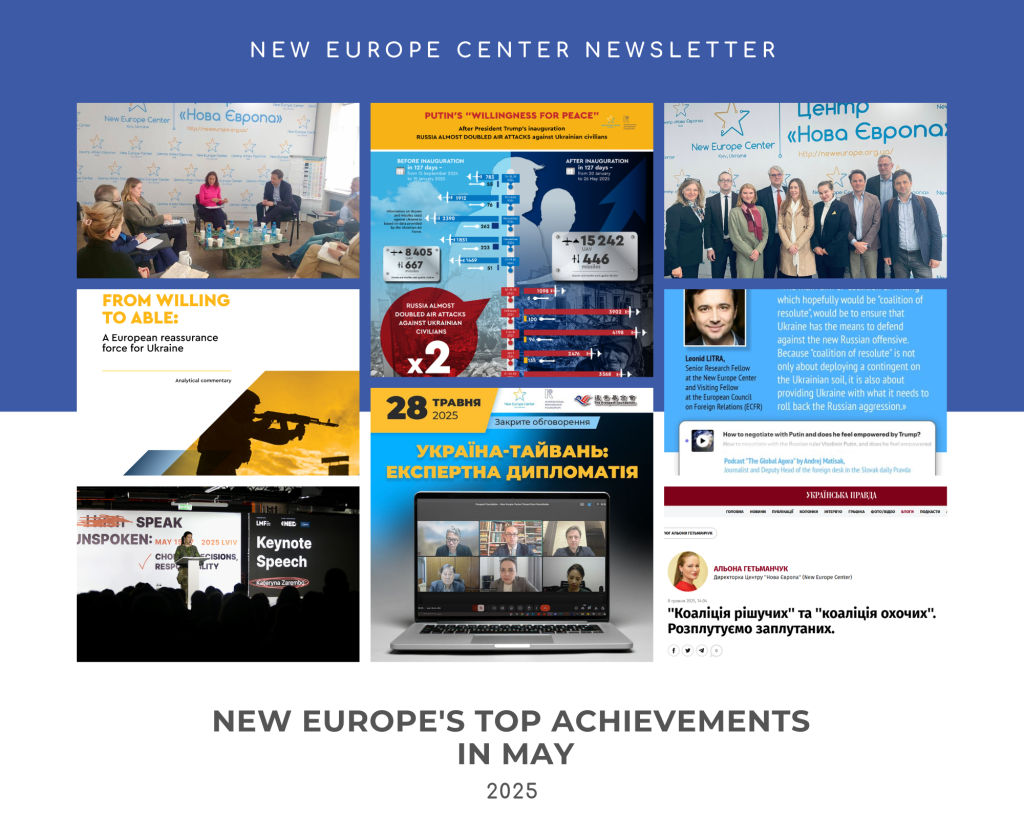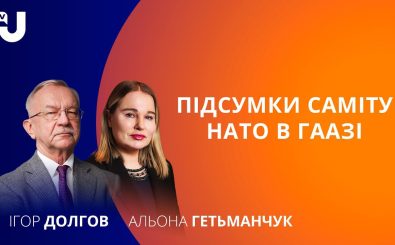From July to September 2018, Ukraine has improved its relations with the EU and the USA most remarkably. Less significant was progress in Ukraine-NATO and Ukraine-China interactions. Meanwhile, relations with Russia have worsened. In particular, indicator of the Ukraine-US relations is equal +1.22 points, Ukraine-EU +1.95 points, Ukraine-NATO +0.86 points, relations with China +0.69 points, relations with Russia -3,2 points. These are results of the 8th study of “Truman Index”, presented during an expert discussion at the Ukrainian Crisis Media Center.
Despite all the concerns after Trump and Putin summit, the United States are constantly supporting Ukraine, in particular in cyber and energy security. Many positive events have been occurred in regard of Ukraine-EU relations. But certain risks remaine up to date, said Tamara Tachynska, senior partner of the TRUMAN Agency. “Aspirations of Ukraine towards Europe were recognized. Importance of Ukraine as a gas transiter was emphasized. Russia was called an aggressor once again. On the other hand, the struggle against the Nord Stream-2 goes on, and further sanctions extension is not obvious anymore,” the expert explained.
Comparing to the previous period, indicator of Ukraine-Russia index has deteriorated. “After the election [in Russia], Putin stopped acting as a peacekeeper, so [indicators] decreased. (…). On the other hand, anticipating upcoming elections in Ukraine, Russia does not want to interact with the current leadership of the country and waits for “more comfortable” interlocutors,”- commented Tamara Tachynska.
Describing the situation of Ukraine-NATO relations, Kateryna Zarembo, the deputy director of the New Europe Center, said following: now NATO member-states are reluctant to make decisions that could be interpreted by Ukrainian side as a “green light” for the Alliance membership. “There is, of course, Russia factor, that is not spoken out laud. But the member-states have a precaution towards symbolic actions, openly made for Ukraine. Such actions could be interpreted in the domestic Ukrainian discourse as the next step to membership. Such Ukrainian overestimation of NATO intentions is the reason of precautions,” said Kateryna Zarembo.
According to Kateryna Zarembo, the NATO summit in Brussels (a key event of Ukraine-NATO relations in July-August) has been not in favor of Ukraine. Ukraine was able to participate in the North Atlantic Council format. But the NATO-Ukraine Summit Declaration was not introduced, while the Georgia-NATO declaration was issued. “Disappointing was the fact that the Enhanced Partnership was not given, though Ukraine counted on it. However, in 2014, when there was a rise of solidarity with Ukraine, we could definitely get it,” she said. At the same time, a joint declaration on the outcomes of the summit contains powerful rhetoric of Ukraine support and Russia disapproval.
Kateryna Zarembo noted that solving of the misunderstanding between Hungary and Ukraine on the education law is crucial for further work of the NATO-Ukraine Commission. “Until these steps have been introduced [transitional provisions to the law on education and shift of private schools beyond the scope of the law], we can not hope to unblock the NATO-Ukraine Commission. We have even signals of Hungary blocking the Ukraine-NATO interaction indirectly, at the operational level,” said the expert.
Kateryna Zarembo also brought up the results of recent opinion polls conducted by the Ilko Kucheriv “Democratic Initiatives” Foundation. According to them, support of Ukraine’s membership in NATO among citizens has not changed significantly. But there is significant support decrease in the East and South of the state. “In the South, the number of respondents opposed [to Ukraine’s in] has grown by 20% within a year. Last summer there was 42% of NATO membership opponents. This year, its 64%,” she said. Ordinary citizens awareness on the NATO and the EU, as well as the essence of European and Euro-Atlantic integration, remains low. Challenging also are understanding and will of officials to introduce new standards on the ground.
Barbora Maronkova, the Director of NATO Information and Documentation Centre, pointed out that despite all the challenges, significant progress has been made over this year. NATO continues to provide advisory support. Visits and meetings are being held on a regular basis.
Hennadiy Kovalenko, the Head of Bilateral Cooperation Directorate in General Staff of the Ukrainian Armed Forces, supported a thesis that strengthening of people informing in regions about the essence of Euro-Atlantic integration and cooperation with the Alliance is needed.









